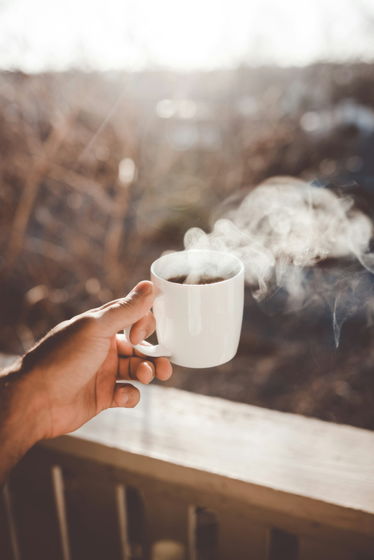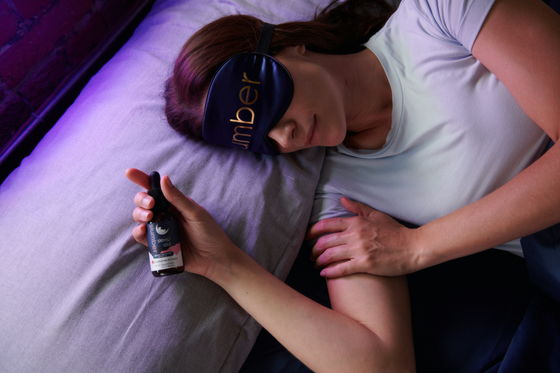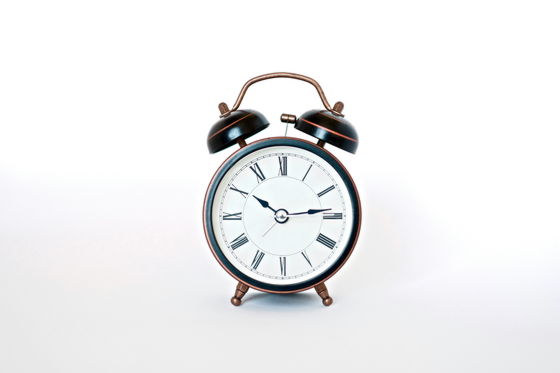Experts explain '5 sleep tips' that may be making insomnia worse

Better sleep improves cardiovascular health, immune function, brain health, and mental well-being. While many people try various 'sleep tips' to improve their quality of sleep, some of them can actually make insomnia worse, explains sleep therapist and psychology researcher Kirsty Vant of Royal Holloway, University of London.
Five pieces of sleep advice that could be making your insomnia worse – a sleep therapist explains

'Sleep hygiene' can help improve the quality of your sleep. Sleep hygiene refers to habits and environmental factors that promote good quality sleep, such as 'maintaining a regular bedtime,' 'avoiding screens before bed,' and 'limiting caffeine intake.' However, some sleep hygiene practices can actually worsen insomnia, as Vant explains.
1. Spend more time in bed

When you can't fall asleep, you might try to make up for lost sleep by going to bed earlier or even lying in bed. But this strategy often backfires, says Vant. The longer you stay awake in bed, the weaker your mental association between your bed and sleep becomes, and the stronger your association between your bed and frustration becomes.
Conversely, limiting the time you spend in bed, going to bed a little later than usual, and waking up at the same time each day can strengthen your sleep pressure (your body's natural urge to sleep) and make it easier for you to perceive your bed as a sleep cue rather than a wake-up call.
◆2: Avoid the display at all costs

We often hear people say, 'Avoid looking at screens before bedtime.' This is because the blue light emitted from screens suppresses the secretion of melatonin, a hormone that regulates sleep. However, Vanto points out that this advice is too simplistic.
In fact, people with insomnia may reach for their phone precisely because they can't sleep. Lying there in the dark, with nothing to think about, can lead to anxiety and overthinking, which can make the worst of the situation and exacerbate the insomnia.
Rather than banning displays altogether, Vanto recommended considering using them strategically: choosing calming, non-stimulating content, utilizing night mode, avoiding mindless scrolling, and watching quiet podcasts or calming documentaries to unwind are great distractions.
◆3: Cut out caffeine completely

Caffeine inhibits adenosine, a neurotransmitter that promotes sleepiness, but everyone metabolizes caffeine differently, and the rate at which we metabolize it is influenced by genetic factors.
Some people may find that drinking coffee in the morning helps them overcome sleep inertia, feel more energetic, and maintain a healthy sleep-wake rhythm. While caffeine-sensitive individuals may be wise to avoid caffeine later in the day, 'there's no need to cut it out completely,' Vanto said. The key, Vanto said, is understanding each individual's response.
4. Trying too hard to optimize your sleep

The sleep-related product market, which encompasses everything from wearable trackers to mattresses and sleep aids, is estimated to be worth £400 billion (79.6 trillion yen). While these products may be well-intentioned, the pursuit of perfect sleep can lead to anxiety, a condition known as '
It's important to remember that sleep is an autonomic nervous system function, just like digestion or blood pressure, Vanto writes, 'You can influence sleep through healthy habits, but you can't force it.' Being too concerned about the quality of your sleep can actually make it worse, so the best thing to do is not worry too much about sleep and just let your body do its job.
5. Expect the same amount of sleep every night

Healthy sleep is not fixed, but dynamic, depending on our lives. Factors such as stress, health, age, environment, and even parenting responsibilities affect sleep. For example, human infants wake every few hours and need to be fed at these times. A mother's sleep patterns change accordingly, so flexibility in sleep is a constant survival trait.
Demanding strict consistency in sleep can set unrealistic expectations, Vanto says. 'In my years as a sleep therapist, I've found that sleep privilege—the ability and opportunity to get a good night's sleep—distorts the conversation around sleep. Telling someone with insomnia to 'just get some sleep' is like telling someone with an eating disorder to 'just eat healthy.' It's an oversimplification of a complex issue.'
Some of the most harmful beliefs ingrained in sleep hygiene culture are that 'sleep is completely under our control' and that 'people who don't get enough sleep must be doing something wrong.' If you're struggling with sleep, there are evidence-based treatments available beyond sleep hygiene. Cognitive behavioral therapy for insomnia (CBT-I) is the gold standard of psychotherapy. Newer medications, such as orexin receptor antagonists (e.g., suvorexant, lemborexant, daridrexant), are also becoming available.
'Insomnia is common, treatable, and it's not your fault,' Vanto said.
Related Posts:
in Science, Posted by logu_ii







